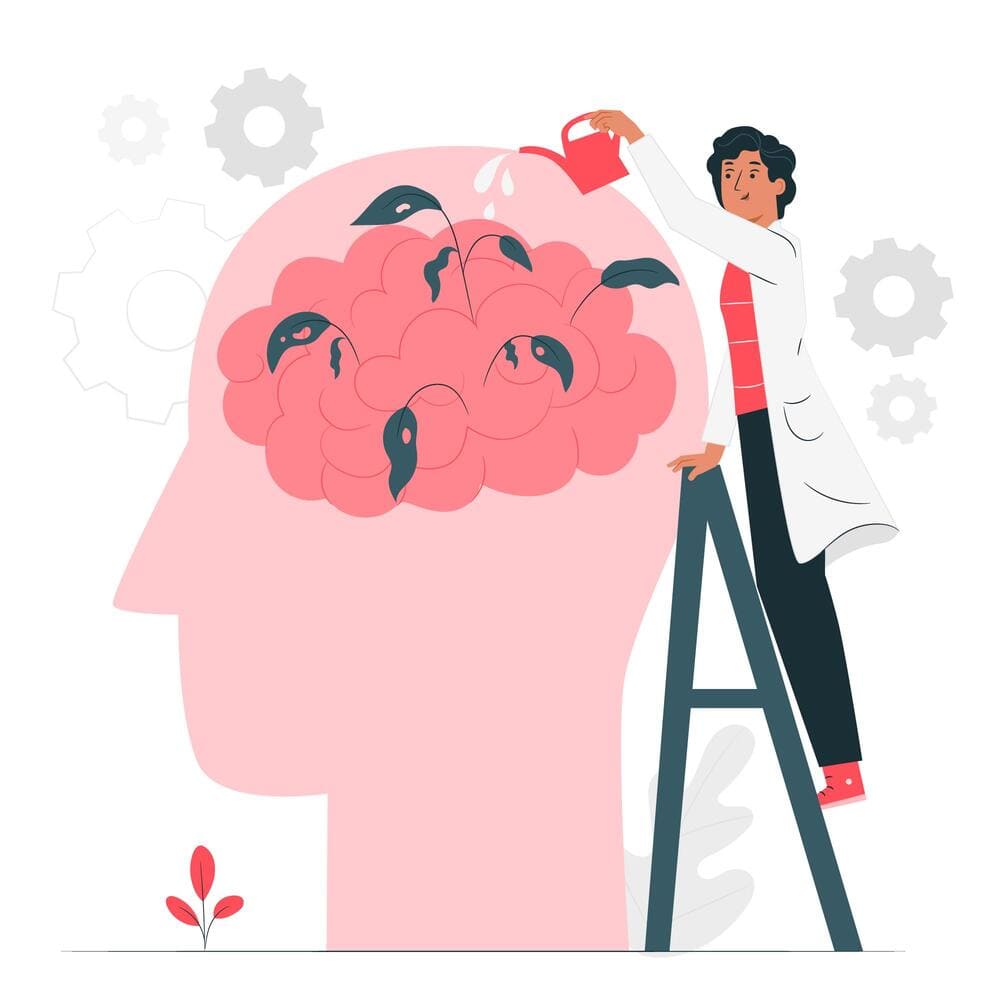Intellectual disability is the consequence of a pathology that manifests itself before the age of 18 and as a result of which limitations arise in some aspects of life, resulting from deficiencies in intellectual functions and adaptive behaviour.
People with intellectual disabilities, like others, do not form an undifferentiated or homogeneous group. It is necessary to foster attitudes oriented towards respect for difference, self-identity and specific support for the needs of each person.
But what do we mean by support?
These are resources and strategies to promote someone’s personal development, education, interests and well-being, to improve their individual functioning..
Thus, the severity of an intellectual disability is no longer defined by IQ, but is measured by adaptive functioning, as it is adaptive functioning that will determine the level of support the disabled person needs.
Moreover, the needs of people with intellectual disabilitieschange and evolve like those of any other person. And supports will not always be necessary in every circumstance.
A balance must be struck.
Those who support people with intellectual disabilities should encourage their ability to choose, within their possibilities, helping them to establish their personal goals and the plans to achieve them, but without conditioning their decisions, relying on their personal autonomy and determination.

Sometimes medication may be necessary to help treat behavioural or other disturbances: people with disabilities, like anyone else, may become depressed, or may have other mental disorders, although they may manifest themselves differently.
